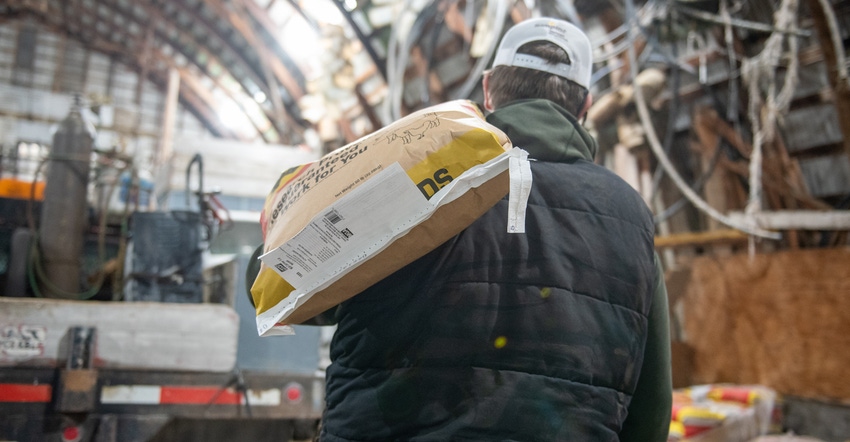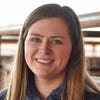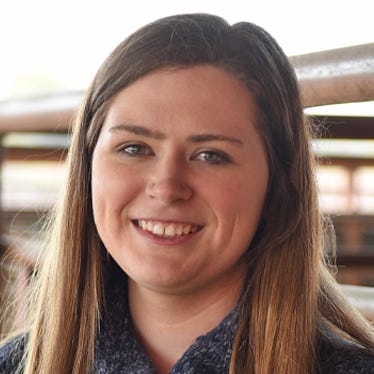
Standing in a grain bin with corn up to his knees, the farmer turned to grab something. In that moment, he also heard a pop and felt instant pain in his knee. This triggered a visit to the doctor, where they found a torn meniscus. Instead of performing surgery, the doctor recommended physical therapy.
This type of farming injury isn’t uncommon, says Arlen Magelitz, physical therapist at PhysioTherapy Professionals near Springfield, Ill., who adds that not all injuries happen on equipment or in grain bins.
Instead of thinking about specific activities, think about your role in an injury.
“In my experience, injuries resulting from poor body mechanics and overuse of specific muscle groups are far more common than those from machinery,” Magelitz says. “The most common farming injuries I have seen are to the rotator cuff of the shoulder, meniscus of the knee and paraspinal muscles of the low back.”
So why are incidents associated with body mechanics more common? Magelitz says these injuries happen because farmers are unaware of body mechanics and how certain actions can wear the body down to be more prone to injury. And that means these injuries can be prevented, with some care.
Fixing bad habits
Overuse of muscle groups and poor body mechanics can sometimes be traced back to bad habits, Magelitz says. And these bad habits include actions that the body really isn’t designed to do.
Are you guilty of the following? If so, try Magelitz’s tips for preventing injury.
Planting and turning. Planting a foot and then turning on that fixed foot is stereotypically how an individual will tear the meniscus, a ligament in the knee. Instead, try stepping down and getting both feet on the ground, and then turning your feet with your entire body.
Lifting incorrectly. There are usually two reasons for an injury when picking something up — lifting with your back or carrying something an arm’s length away from your body. Try bending at the knees and hips to pick up items with your legs to avoid back injury. And when you carry bags of seed or feed, keep them close to your body to avoid injury to rotator cuff muscles, which are not designed for heavy loads.
Beware reinjury
Maybe you’ve already been injured and have healed. This doesn’t mean you are immune to reinjury.
“The best thing for preventing reinjury is seeing a physical therapist,” Magelitz says. “Our job is to fix the underlying issues and fixing the motor programming of how your brain tells you to do X, Y or Z. We help to reprogram that so you’re doing it [activities such as lifting] correctly without even having to think about it much.”
You don’t even need to make a doctor’s visit first.
“In all 50 states, there are varying levels of direct access to physical therapy,” he says. “Meaning that you can see a physical therapist directly without a referral from a physician, and it is still covered by your insurance.”
And maybe you just have aches and pains that could eventually turn into an injury, Magelitz says. There’s no better time than the winter, and the off-season of farming, to visit a physical therapist and prevent a painful incident in the middle of a busy season down the road.
About the Author(s)
You May Also Like






